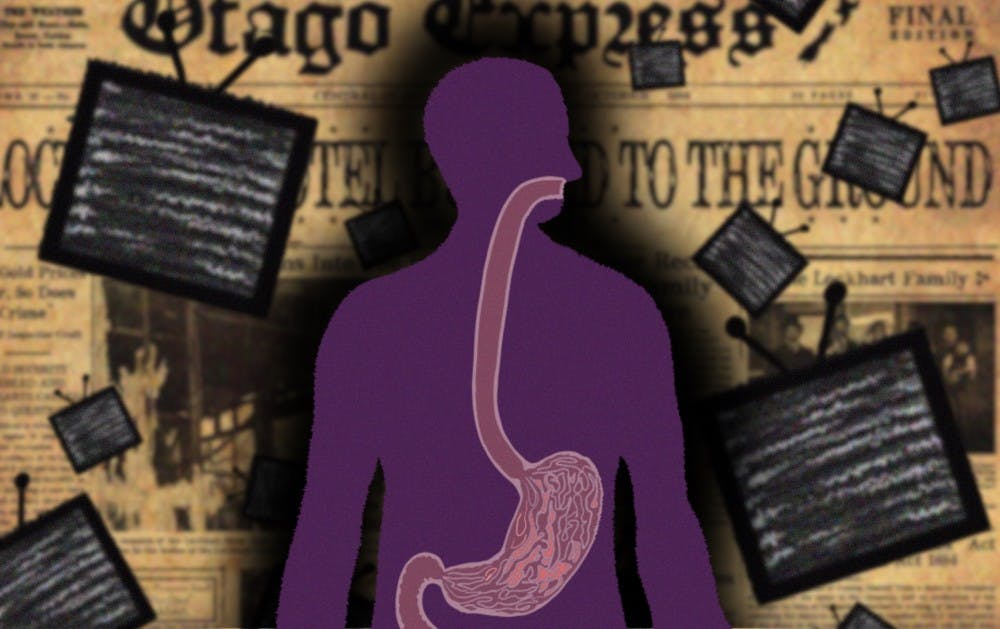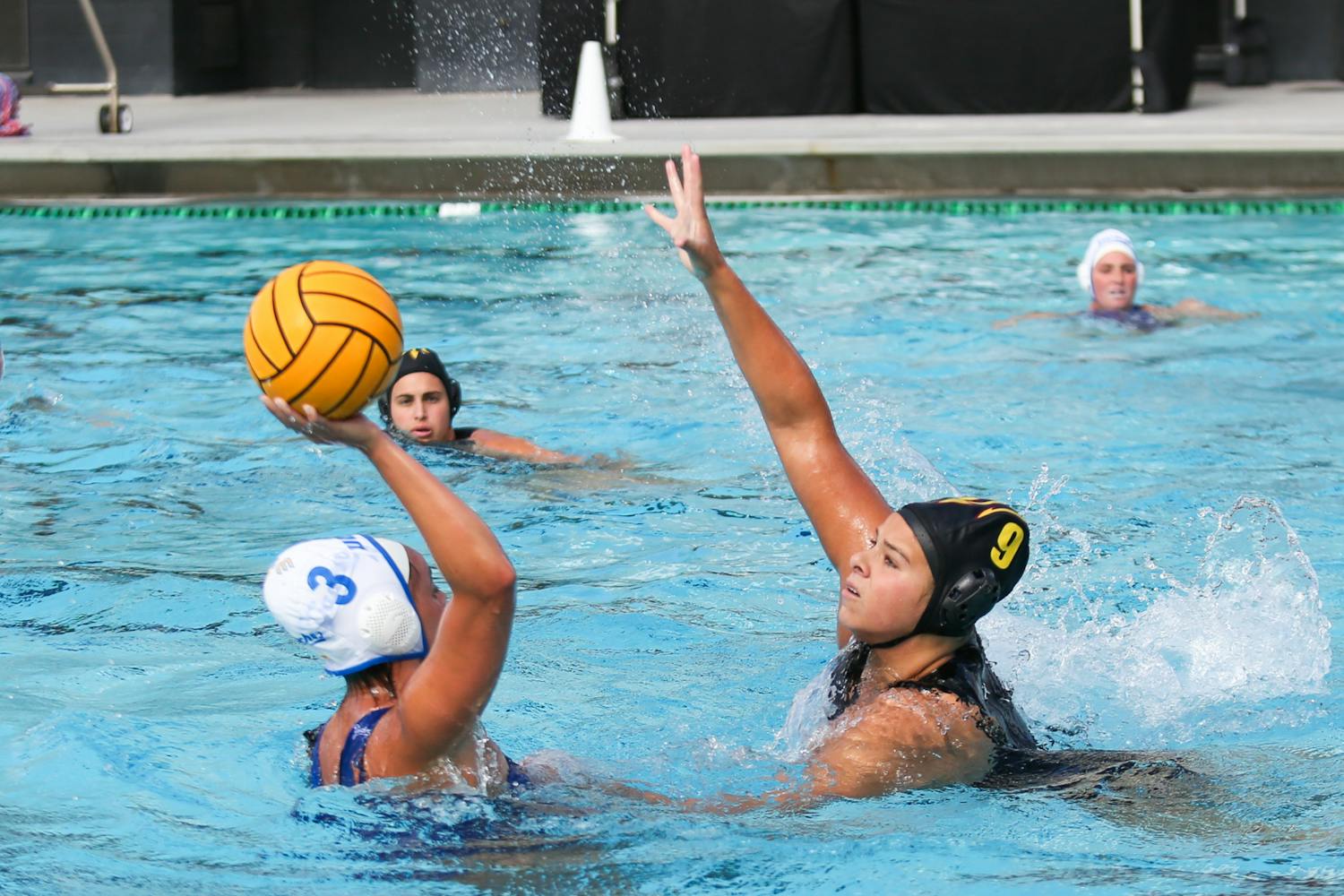Anyone who is familiar with the Internet knows that people lie online all the time.
Unfortunately, this isn’t always as inconsequential as a misleading Instagram post, and in the digital age the line between legitimate journalism and bogus information has become more difficult than ever to distinguish.
While social media platforms like Twitter, Facebook and YouTube have democratized the access to and dissemination of information, they’ve also exacerbated the issues of misinformation and propaganda posing as legitimate reporting.
In this climate, all students have a responsibility to learn how to identify and responsibly engage with digital media, but research suggests that today’s students are not prepared to navigate this culture.
In an October 2017 report released by the Stanford History Education Group, a group of historians, students and professional fact checkers were tasked with evaluating information online.
The study found that the fact checkers were the quickest and most accurate, while the historians and students were easily deceived by unreliable sources.
If faulty media can readily fool even historians with Ph.Ds, it’s clear that something must be done within undergraduate education to ensure that students of all majors are equipped with the knowledge needed to responsibly digest media in the 21st century.
In late 2017, to aid in this pursuit, ASU’s Walter Cronkite School of Journalism and Mass Communication launched the News Co/Lab — a project aimed at helping the public understand and engage with news and information while seeking out innovative approaches to fighting the spread of misinformation.
Our country’s future is dependent on students developing the skills necessary to “find, understand, create and share news and information,” the Cronkite School’s chief of innovation and co-founder of the News Co/Lab, Eric Newton, said. “The basic issue here is that no nation can succeed if its people are not fluent in how news and media work in the digital age."
While news used to break primarily through journalists who had an obligation to verify and fact-check what they were publishing, now everyone has a platform online which they can use to post anything.
With the News Co/Lab, Newton hopes to teach audiences some of the skills journalists develop for engaging with the news.
“Instead of a few journalism gatekeepers, we now have billions of individuals who are their own personal gatekeepers,” Newton said. “Since there’s a vast difference in their knowledge about how news works, they do a very uneven job of passing news around and people in general tend to hit the share button before they’ve even thought about whether or not that piece of information is true.”
As technologies such as deepfakes — fabricated videos that can be created to show anyone saying anything — continue to develop and evolve, it’s clear that students not only need to learn how to engage with our current media climate, but also prepare for what’s on the horizon.
Newton said the issue of misinformation in media has only worsened since founding the News Co/Lab and, in preparing for the future, students need to be more vigilant than ever while online.
“We’re moving into an uncertain technological time and all of us really have to start paying more attention to what is real and what isn’t real as we consume and share information,” he said.
In the digital age, everyone is a content sharer, creator and curator, and it's crucial that everyone learn the skills to ethically participate in media by enrolling in media literacy courses and doing additional research.
Reach the columnist at cldoming@asu.edu and follow @chuck_dominguez on Twitter.
Editor’s note: The opinions presented in this column are the author’s and do not imply any endorsement from The State Press or its editors.
Want to join the conversation? Send an email to opiniondesk.statepress@gmail.com. Keep letters under 500 words and be sure to include your university affiliation. Anonymity will not be granted.
Like The State Press on Facebook and follow @statepress on Twitter.




